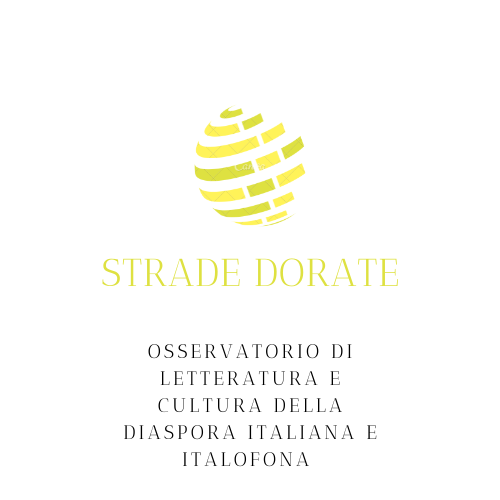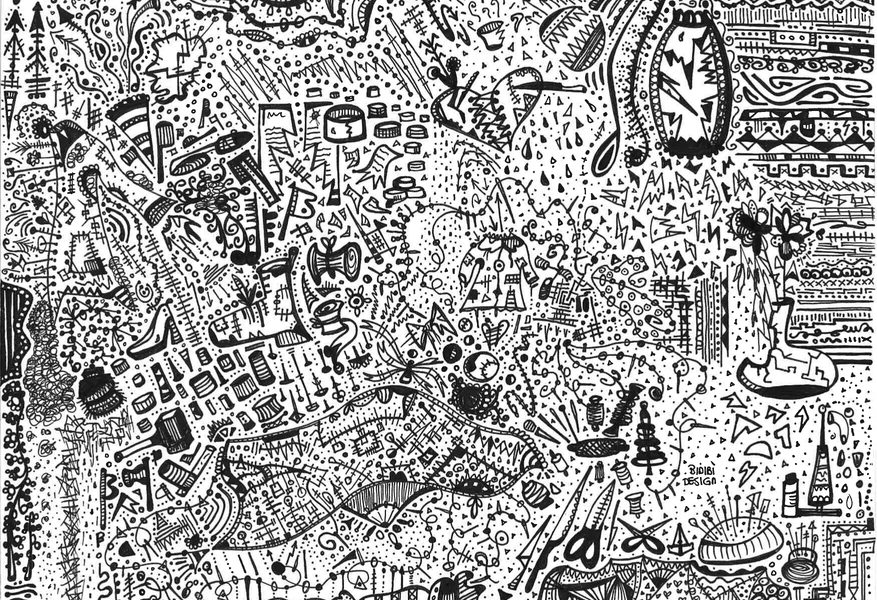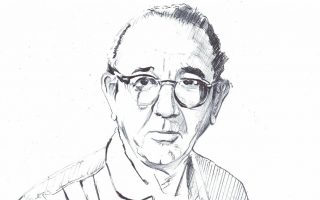di JOANNA CLAPPS HERMAN
It all started with tinfoil
Or maybe tissues.
Paper napkins?
We lived one way—a time of constraint– before tin foil and a completely different way after tin foil– one which rapidly raced toward the future. Definitely using tissues changed the way we lived. When paper towels came along times changed even more. But, really, really it was tinfoil. Tinfoil changed everything. Tinfoil, rolled out in a long shiny line defined one way of life before and another way after.
Before Tinfoil the way we looked at life went something like this: You said no thank you a lot before you said yes thank you once. You took pride in renunciation, containment, bucking up. You knew how to do things, rewire a lamp, sew a prom dress, pull an old nail out of hard wood and hammer it straight, use again, how to wash and wax Dad’s car, which you did before he asked you. If grandma was making brains for lunch (Italian) you tried it and said you liked it even if it tasted weird at first (that organ texture under the tomato and garlic) so that eventually you did get to really like it. The same went for blood pudding. You wanted to be tough, able to take things, a fight in the school yard, swim out to the island in the middle of the lake, to do complicated dives which you learned on your own, how to ride your bike up really long, long hills, until it got easy. You had the idea that it was up to you. And your cousins. And of course we’d all die for our religion.
Before tinfoil when there was left over food you put it in a small bowl and put a dish on top of it and put it in the fridge or the icebox to keep. There was wax paper, but you used that only to wrap sandwiches for lunch or picnics. And sometimes you reused the wax paper. You never balled up anything and threw it away if it had any life left in it. Wrapping paper. String from bakery boxes if your relatives brought Italian pastry from New York. Brown paper grocery bags were not just saved and reused. They were cut up to be used as packing paper.
Before, we all wore hand-me-downs. We passed our clothes down the family line, we remade our mother’s discarded dresses into skirts for ourselves, “The fabric is still good.” Ironed our sheets and pillow cases, hankies and Dad’s work clothes. We lined the garbage pail with newspaper in such a way that you could pick it up and carry it outside as a bundle.
When you traveled away from your family you made a collect call to your home asking for, say, Joanna Has Arrived. The operators asked incredulously, “Your name is Joanna Has Arrived?”Bald faced, you asserted, “Yes, it is.” Your mother told you to do that.
If an actual long-distance call was made to Grandma and Grandpa in Arizona where they went for the winter, say on Thanksgiving, it was organized long before and the whole family arrived in one of the family kitchens at an exact predetermined hour. Every man, woman and child in the family got on the phone, all the grandchildren, all the children, each in-law, to say, “Hello, how are you? What’s the weather like in Arizona today? That warm?” In the background others said, “Come on. Do you know how much this call is costing? We’ve been on for ten minutes now.” Afterward when the phone bill came the cost was divided by five families. $1.16 per family.
Before tin foil we had company over for coffee and, after tin foil people watched TV.
We had been living in an era of good constraint. So at first tinfoil was an amusement—a fascinating new toy. “What will they think of next?” Our mothers all bought it. But its shiny presence seemed more like a Christmas tree decoration, delightful, charming, but not real or practical. It was used very sparingly for special situations. “Mom, can I use the tinfoil on this?” Maybe it was Christmas and we used it for the Christmas cookies.
“All right, but be careful. Use just what you need.” But it was confusing. Buying box after box would be ridiculous. Why would any normal person do that? The same with tissues too. And paper towels. All that excess, all that using and discarding. That was opposite of everything about the way we lived.
We had hankies and we washed and ironed them. Everyday ones and fancy lace ones for Sunday and holidays. We had rags to mop up messes.
Being wasteful was as bad as being conceited. Using too much of anything showed a carelessness that meant you weren’t thinking right. You were too smart for your own good, you had no respect, you were a citrull’. There was plenty in our lives, plenty of food, clothes, toys, dolls, trucks, bikes, sleds, plenty of air, water, snow, sun, stars, trees, grass, plenty of slaps and laughs, but just because there was plenty that didn’t mean you should be stupid about it.
But this was a pivot point on which life was turning, a spinning outward and away from a life grounded in making to a life of using up and throwing away.
Later there would be fights between mothers and daughters and mother-in-laws and daughter-in-laws, “You should see the way she tears off paper towels and mops up the floor with a wad of them when something spills. What, does she think we’re made of money? What a waste.”
“Oh, my mother watches me like a hawk. Every time I use a piece of tin foil she’s after me. ‘Oh Ma,’ I say to her, ‘Why do you even buy this stuff if you don’t want anyone using it?’” But back then at the beginning we were all the same careful and sensible people.
We looked to each other, we had our own opera, our own tornado. We were in our own vortex, not seeking the world or outward looking. Who needed the opera of having too much? We were too much. But when tin foil came it signaled a new way, stretching its long silvery road out toward the world beyond us, beckoning us to throw our money away, to use things up then to throw them away, to throw ourselves upon the winds of change, to go off, out, away into the world, away from our centers, our families, ourselves, off into the land of want, want, want. And we did.
By the time we were using it without thinking about it life had changed—a new kind of desire had been let loose in us, in the world and we were all changed irrevocably forever. Che peccato. What a shame.
Joanna Clapps Herman has had 21 short prose pieces and poems accepted for publication during the recent Covid time. Some of these are poems about the birth of her first grandchild. Some others in the Ocean State Review. Her most recent book length publication, When I am Italian: Quando sono italiana, (SUNY Press, November, 2019) explores the question of whether it’s possible to be Italian if you weren’t born in Italy.
Other books include No Longer and Not Yet and The Anarchist Bastard: Growing Up Italian in America. She has co-edited two anthologies; Wild Dreams and Our Roots Are Deep with Passion. She loves to cook, eat and drink wine as much as she loves to read write and learn.
On the cover: illustration by Barbara Di Bernardo
You can read it in italian by clicking here




